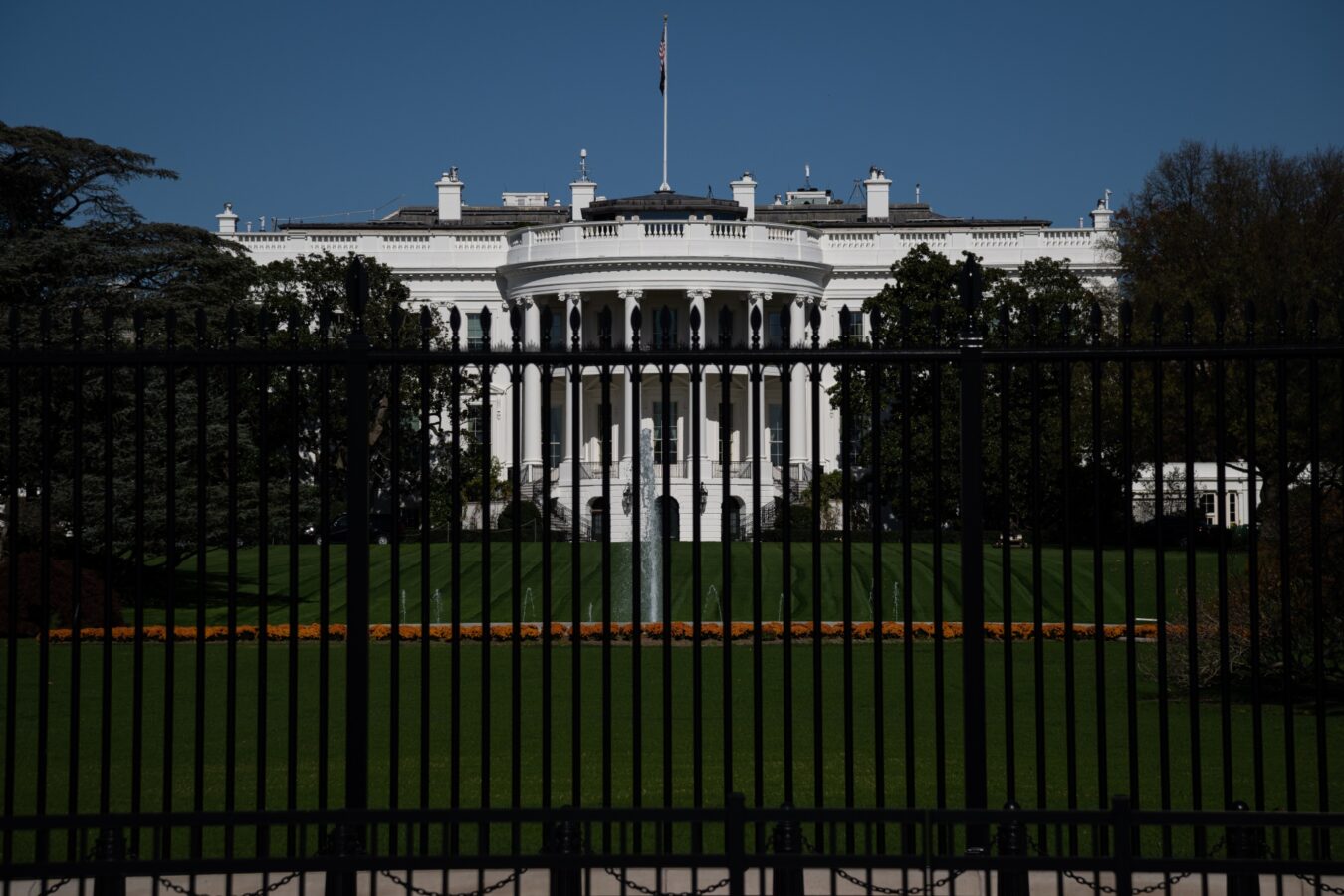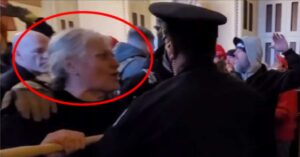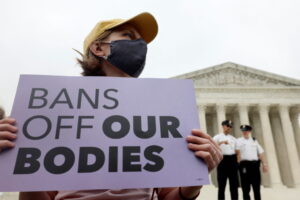A Temporary Pause: The Federal Court’s Decision on Social Media Content Control
Introduction
The question of who has the right to control content on social media platforms has taken a new twist with a recent development in the courtrooms. As you may have heard, a federal appeals court has placed a temporary hold on a district court judge’s order that restricts a vast range of federal officials and agencies from discussing content on social media with platform providers.
Background of the Case
Context of the Injunction
This lawsuit stems from a controversial injunction made by U.S. District Court Judge Terry Doughty on Independence Day, an order that led to widespread discussion and controversy.
Parties Involved
Brought to court by the Republican attorneys general of Missouri and Louisiana, the lawsuit alleges that Biden administration officials infringed on the First Amendment.
Lawsuit’s Basis
The lawsuit’s basis was the claim that these officials pressured social media companies to alter or remove user posts that supposedly contained misinformation on topics ranging from Covid-19 to elections and the contents of Hunter Biden’s laptop.
Content of the Preliminary Injunction
Doughty’s Order
Judge Doughty’s injunction prohibited various officials and agencies from discouraging social media firms from hosting First Amendment-protected content, causing ripples in both the digital and political world.
Exceptions in the Order
Despite the broad scope, Doughty’s order did provide exceptions for content that suggested criminal activity, signs of malicious cyber activity, or threats to public safety or security.
Reaction of the DOJ and White House
However, the Justice Department and the White House expressed concerns about the vaguely defined categories of exceptions, arguing that they could result in overly cautious federal officials avoiding any dealings with companies like Facebook, Twitter, and Google.
Temporary Stay by Federal Appeals Court
In response to these concerns, a three-judge panel for the New Orleans-based 5th Circuit Court of Appeals granted a temporary stay on the preliminary injunction. This decision came as a result of the Biden administration’s appeal, which sought to halt the injunction while the case is referred to another appeals panel.
Implications for Social Media Firms
Facebook, Twitter, Google
Companies like Facebook, Twitter, and Google stand at the center of this situation. The initial injunction, as well as the temporary stay, influence how these firms may interact with federal officials and shape their roles in content control.
Political Reaction to the Ruling
Response from Conservatives
This issue has become a major talking point on the political right, with conservatives grilling FBI Director Chris Wray about the ruling in a recent Capitol Hill hearing.
House Judiciary Committee Hearing
The House Judiciary Committee’s Subcommittee on the Weaponization of the Federal Government has also scheduled a hearing to discuss the lawsuit that sparked Doughty’s order.
Role of Robert F. Kennedy Jr.
Among the scheduled witnesses is Robert F. Kennedy Jr., a dark horse candidate for the Democratic presidential nomination, adding another layer of intrigue to the story.
Perspective from the Judges
Judge Carl Stewart
Judge Carl Stewart, an appointee of President Bill Clinton, was one of the judges who issued the order on Friday.
Judge James Graves
Judge James Graves, appointed by President Barack Obama, was also part of the panel that made the decision.
Judge Andrew Oldham
Finally, Judge Andrew Oldham, an appointee of President Donald Trump, was the third member of the three-judge panel that issued the stay.
Predictions for Future Developments
While temporary, this stay underscores the fact that this ruling is unlikely to be the last word on this issue. The future of social media content regulation hangs in the balance, with the final decision potentially impacting the landscape of digital communication.
Conclusion
With its far-reaching implications for free speech, censorship, and the power dynamics between government officials and social media companies, this case is sure to continue to generate heated debates. Only time will tell how this legal and political drama will unfold and reshape the social media landscape.
FAQs
1. What led to Judge Doughty’s Independence Day order?
Judge Doughty’s Independence Day order was issued in response to a lawsuit filed by the Republican attorneys general of Missouri and Louisiana. The lawsuit claimed that Biden administration officials violated the First Amendment by pressuring social media companies to remove or modify user posts containing alleged misinformation about topics such as Covid-19, elections, and the content of Hunter Biden’s laptop.
2. What were the exceptions in Doughty’s order?
Judge Doughty’s order contained exceptions for various categories of content. These exceptions included content suggesting criminal activity, signs of malicious cyber activity, and threats to public safety or security. However, these categories were not clearly defined, leading to some confusion and concern from the Justice Department and the White House.
3. What is the role of social media companies like Facebook, Twitter, and Google in this situation?
The social media companies, namely Facebook, Twitter, and Google, are central to this legal dispute. The initial injunction and its subsequent temporary hold impact how these companies interact with federal officials, especially concerning the moderation and control of content on their platforms. They have to navigate the often blurry lines of freedom of speech, misinformation, and potential influence from government officials.
4. Who are the judges that issued the temporary stay?
The temporary stay on the preliminary injunction was issued by a three-judge panel from the New Orleans-based 5th Circuit Court of Appeals. This panel included Judge Carl Stewart, an appointee of President Bill Clinton; Judge James Graves, an appointee of President Barack Obama; and Judge Andrew Oldham, an appointee of President Donald Trump.
5. What potential impacts could this case have on future social media content regulation?
This case could have significant impacts on the future regulation of content on social media platforms. Depending on the final decision, there could be shifts in the power dynamics between government officials and social media companies, changes to how misinformation is addressed, and potential modifications to free speech on these platforms. The case may set a legal precedent that influences how social media platforms can manage their content and interact with government officials in the future.








